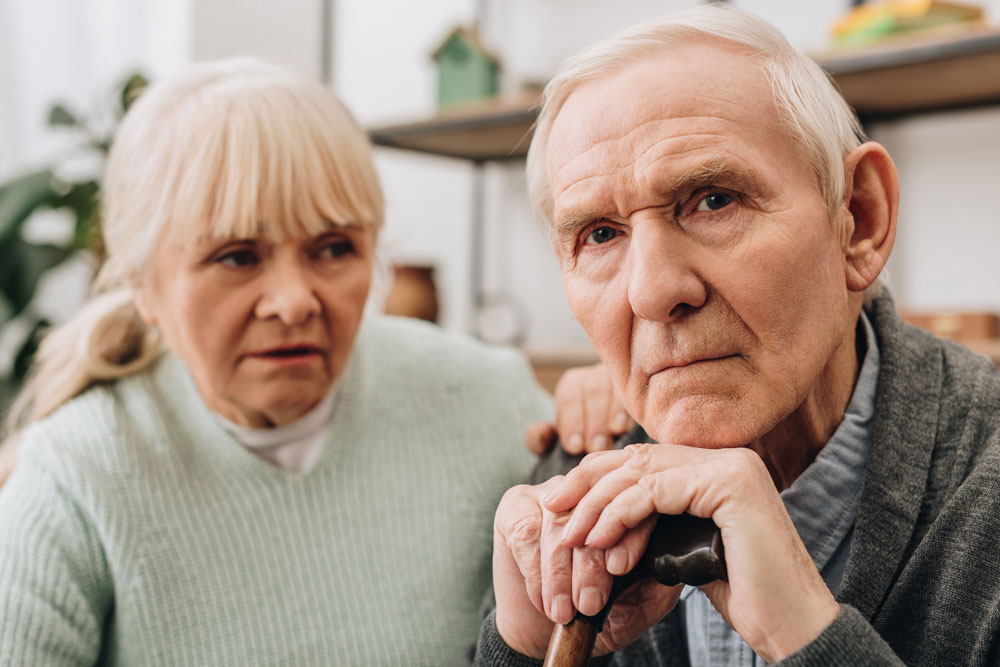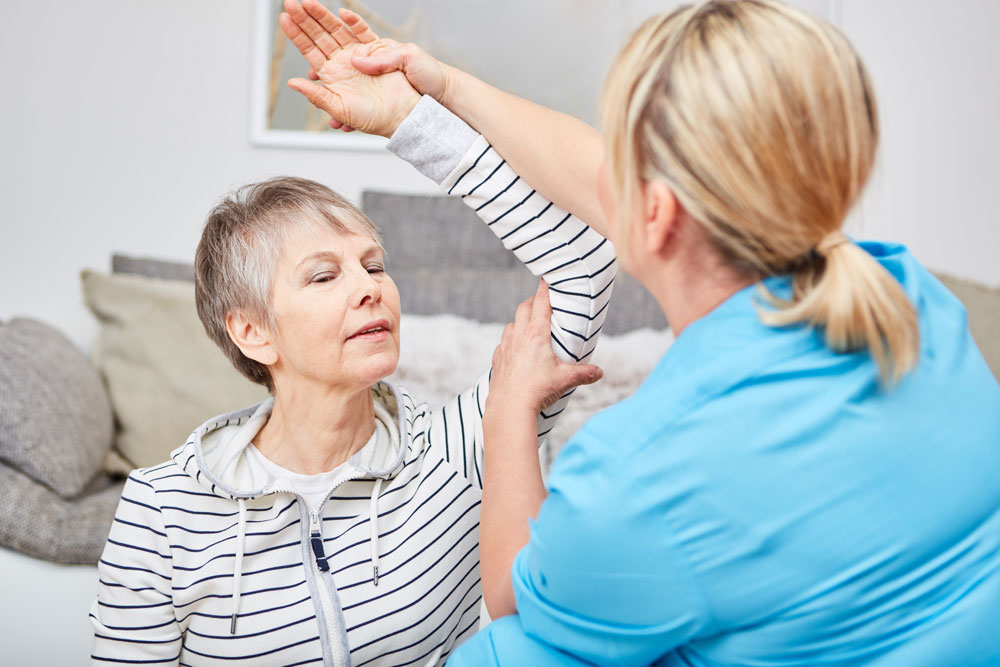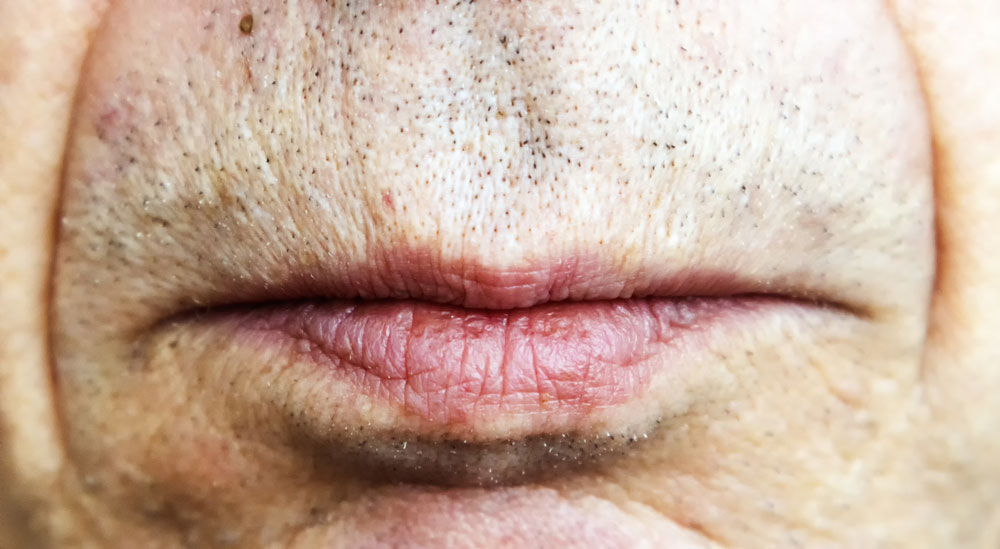Do many of your residents take anxiety-reducing medication?
This is an article written from a Swedish perspective. Hopefully, it can inspire those interested from other countries.
Extensive use of anxiety-reducing drugs can be a sign of deficiencies in care. By consciously working to create a harmonious environment and getting to know the resident, it is often possible to find alternatives to medication for anxiety as needed.
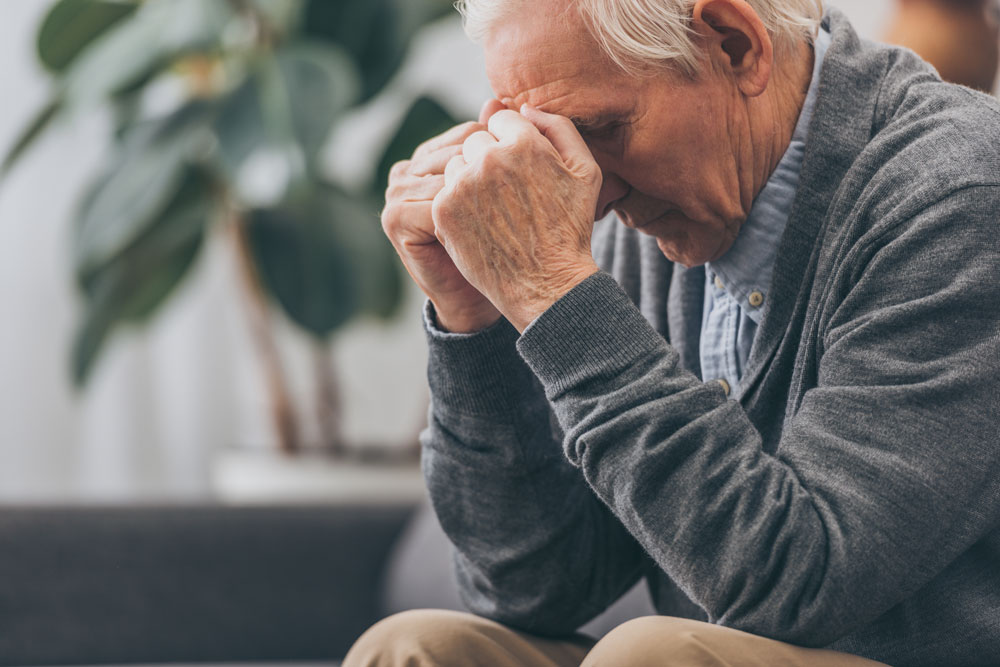 Foto: Mostphotos
Foto: MostphotosUse of anti-anxiety and sedative medication
The fact that an individual uses medication for anxiety and sleep disorders does not say anything in itself, but if a large proportion of the residents need to medicate for this, it may be an indicator that the care environment is not functioning satisfactorily.
Treatment for anxiety and worry is common among our elderly. Some anxiety medications cause anxiety as the treatment effect decreases after a period of use. The patient ends up in a vicious cycle and then needs an extra tablet to reduce their anxiety. Many times, engaged staff and a sensible occupation that is tailored to the individual can reduce the need for sedative medication and make it possible to phase out addictive medication.
The staff's approach has a major impact on the climate in the department. Staffing, of course, also matters. Unfortunately, tenders for elderly care most often lead to personnel cutbacks, which affects the elderly who receive poorer care and less opportunity to maintain their functions and health. Often, it is more restless in the evening when the staff disappear into the rooms to help residents change for the night and the others are left alone.
In dementia departments, it is important that someone supervises in the department so that the residents feel safe. To create a peaceful night, calm is needed in the evening so that the elderly can wind down. It is especially important in dementia departments that there are no televisions on. Instead, calm music may be preferable. Many of those who suffer from dementia, cannot make use of TV programs and the noise from the TV causes unrest. Those who want to watch TV can rather do it in their room.
Staff who work in dementia housing sometimes testify about how restless it can become when new staff arrive. Many have no education and knowledge about dementia diseases and how this affects the individual. Therefore, introductory training is needed in connection with new appointments. It is not enough to go double a few shifts.
Alternative or complementary to anti-anxiety medication
When residents of a nursing home feel nervous, sad, or anxious, it is important to offer different forms of support and help to manage their feelings effectively and safely. Instead of primarily relying on anti-anxiety medication, the nursing home can work with complementary and alternative methods to promote the well-being of the residents. Here are some strategies and approaches that can be beneficial:
Conversation and psychosocial support:
One of the most important measures is to offer conversation and psychosocial support to the residents. By letting them express their feelings and concerns, they can feel listened to and understood. This can be done through individual conversations with the staff or as group activities with, for example, art and music.
Activities and occupation:
Offering meaningful and stimulating activities can help distract the residents from their negative thoughts and feelings. Activities such as outdoor walks, gardening, painting, light exercise, or animal therapy can have a calming and uplifting effect on mood and well-being.
Relaxation methods and Mindfulness:
Introducing relaxation methods and mindfulness exercises can help reduce stress and anxiety among the residents. Through deep breathing exercises, guided relaxation exercises, and meditation, they can learn to manage their feelings in a more constructive way and increase their ability to handle stressful situations.
Environmental adjustments:
Creating a calm and peaceful environment in the nursing home can also contribute to reducing anxiety and worry among the residents. This can involve creating rooms for privacy and reflection, reducing noise and disturbances, and using colors and lighting that promote relaxation and well-being.
Promoting social interaction among residents:
Promoting social interaction and community among residents can be an effective strategy to counter feelings of loneliness, anxiety, and depression. By arranging communal meals, group outings, game nights, and other social activities, the residents can feel more involved and engaged in the community.
By working with a holistic view of health and well-being, the nursing home can create a safe and supportive environment where residents receive the care and attention they need to manage their feelings of anxiety and worry healthily and sustainably. It is important to remember that each individual is unique and that different methods may work differently well for different people, so one must therefore be responsive to each person's needs and wishes.
Reflection questions - anxiety
Care staff:
- Do many in your unit regularly take anti-anxiety medication?
- What can you do instead of giving anti-anxiety medication?
- Do you have a structure to find alternative ways of working when someone becomes restless?
Manager, nurse, occupational therapist, and physiotherapist:
- Do you keep track of the extent to which you use anti-anxiety medication as needed?
- Do you make any comparisons with other units?
- Do you have discussions or training on managing anxiety and worry?
Residents and relatives:
- Does the unit feel restless or calm?
- What is it that creates your feelings?
Erland Olsson
Specialist Nurse
Sofrosyne
Better care every day
Aktuellt i media
-
2024-04-15 04:00
09 Mat och måltid
Food and fall prevention. How the nursing home ensures a safe and nutritious food handling.
info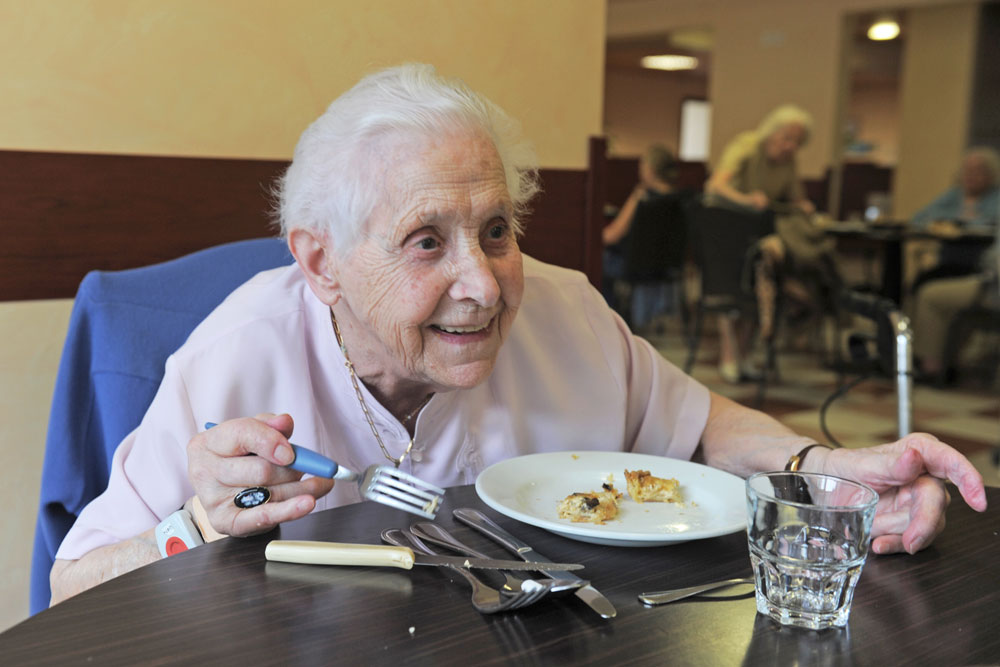 Foto: Mostphotos
Foto: Mostphotos - 2024-04-11 04:00 05 Planering
- 2024-04-08 04:00 10 Aktivitet o funktionsbevarande arbetssätt
- 2024-04-04 04:00 11 MTP
- 2024-04-02 04:00 12 Personlig omvårdnad
- 2024-03-28 04:00 05 Planering

